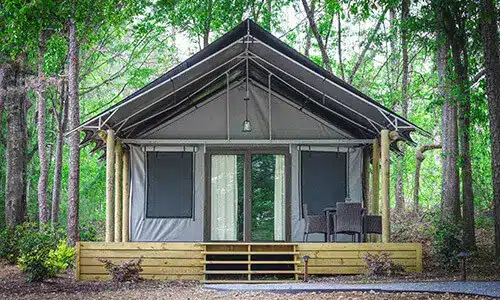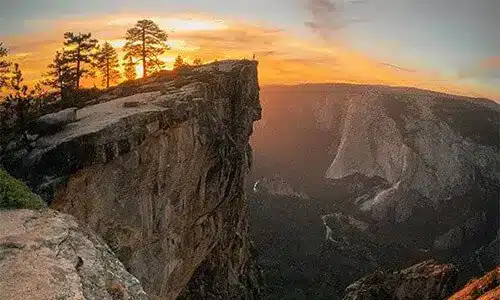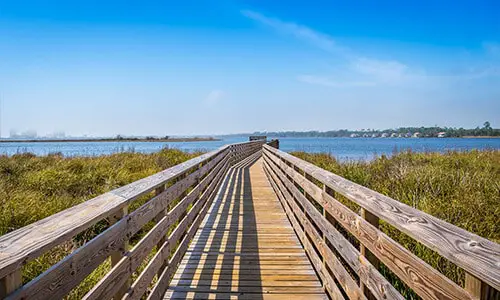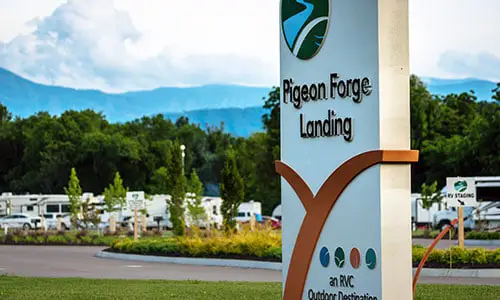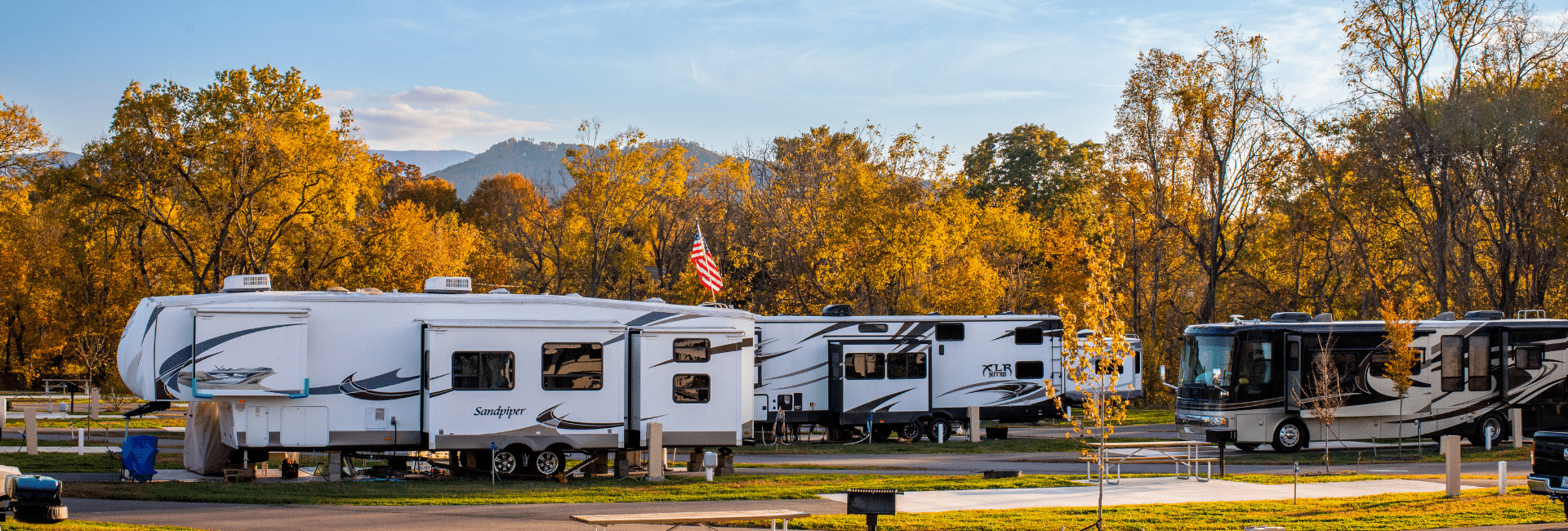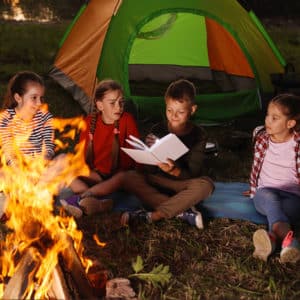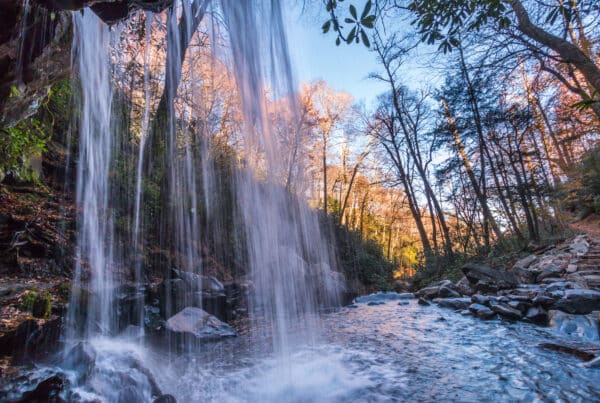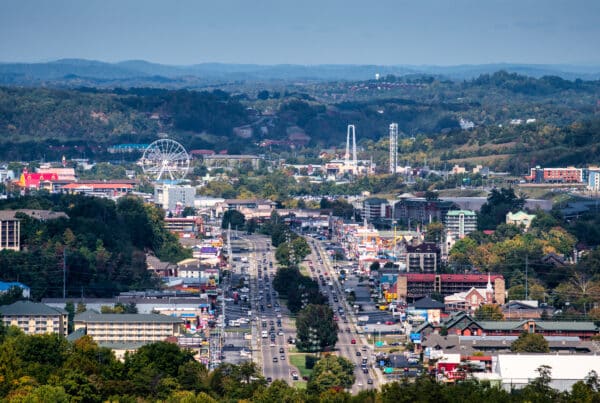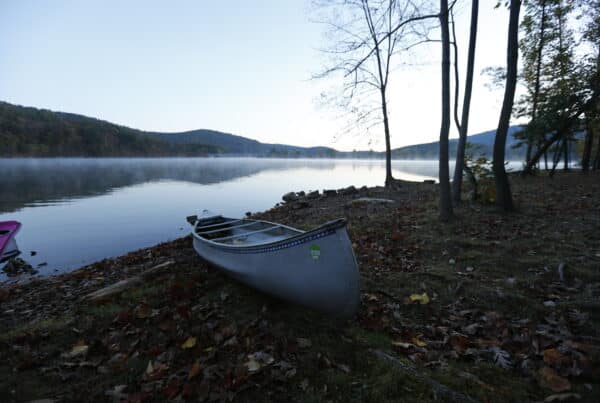At a glance, planning a Pigeon Forge camping trip can seem daunting, even for the most experienced campers. There are plenty of details to consider before heading out — packing, safety, meal planning — the list goes on.
Don’t worry! We’ve created this handy how-to guide to provide all the information you need to make sure your camping vacation in Pigeon Forge goes seamlessly.
Steps for a Successful Pigeon Forge Camping Trip
Pigeon Forge is known for its abundance of outdoor activities and breathtaking views. From fishing at Little Pigeon River or exploring miles of National Park trails, there are so many remarkable things to do here. The Great Smoky Mountains provide the perfect backdrop for your next camping adventure!
Here’s our step-by-step guide to having the best time camping in Pigeon Forge:
1. Choose a campsite
Choosing a tent campsite or a place to park your RV is one of the most important factors in planning your camping trip to Pigeon Forge. Consider if you will be needing electricity, or if it just needs to be far from other people. There are many options available, so find one that suits your needs and do some research ahead of time on each site before going there.
2. Plan activities ahead of time
For the best camping experience, it’s important to have an itinerary planned before arriving at your Pigeon Forge campground so that everyone knows what they’re expected to do while they’re there. Consider activities such as hiking, swimming, scenic drives, fishing, or white-water rafting tours that can add an extra level of adventure.
Book these types of excursions beforehand online or by speaking with your campground’s concierge for more details about local offerings. Pigeon Forge also offers a lot of attractions you don’t want to miss, like Dollywood, The Apple Barn & Cider Mill, and The Island entertainment complex.
3. Review campground regulations
Campground regulations help maintain a safe and fun environment for everyone. Common restrictions tend to include a pet policy, hours of operation, quiet hours, vehicle size, and speed limits in the camping area.
Campfires are usually limited to specific areas, and the use of chainsaws and firearms while camping is often forbidden. It’s also important to follow all state or national laws regarding wildlife; this includes abstaining from feeding wildlife as well as proper disposal of food waste.
4. Make a menu
Having the right food can make or break your camping experience. Plan simple meals that require minimal preparation and cooking. Things like sandwiches, tacos, hamburgers, and salads are all great options that take little time and effort to make.
Also, consider things like pre-made egg scrambles, oatmeal, and smoothies. Don’t forget to plan for snacks throughout the day. Trail mix, fruit, jerky, and energy bars are perfect for giving you energy while you’re on the go. Finally, include a few easy desserts, such as s’mores or chocolate-dipped bananas, for a sweet treat in the evening.
5. Pack smartly
When packing for your Pigeon Forge camping trip, make sure that you bring items that are necessary and leave out any extraneous items. Be sure to pack essentials: food, water, a first-aid kit, sunscreen, bug spray, flashlights, and camping gear. Make a packing list to ensure you don’t forget anything important.
Pack weather-appropriate clothing like moisture-wicking shirts, shorts, and hats for hot sunny weather or warm layers, boots, and gloves for cold temperatures. Also, bring any equipment you may need for your planned activities — hiking, fishing, biking, nature photography, etc.
6. Practice camping safety
When you’re camping in the Smoky Mountains, you should be prepared for anything that might come your way. First and foremost, it’s important to know the local weather conditions before heading out on your trip. There are several websites and apps available that can provide up-to-date information and warnings.
Next, make sure you have a reliable first-aid kit and extra batteries for flashlights. Always remember to be aware of your surroundings and travel with a buddy, or at minimum, let others know where you’ll be.
7. Keep an eye out for wildlife
Pigeon Forge is home to various wildlife, including black bears and foxes which often appear around dusk or dawn hours near the various trails throughout this region. While wildlife spotting is exciting, don’t forget about keeping yourself safe by following regulations inside established parks when dealing with wildlife or attempting new hikes outside designated areas.
8. Be respectful of other campers
There are a few things that you should keep in mind in order to ensure that you and the other campers have a pleasant experience. First, be considerate of your noise level at night. While it may be tempting to stay up late playing music, the people around you won’t appreciate it and can get you in trouble with the campground.
Next, make sure that you’re respectful of the space of other campers and don’t trespass onto their sites or use their belongings. It’s also important to be mindful of your waste and avoid leaving trash or food around the campsite. Finally, make sure that you follow any fire regulations that are in place and always put out fires before leaving them.
Camp in the Heart of the Smoky Mountains
Pigeon Forge camping trips are a fun way to explore the Tennessee countryside and get away from the hustle and bustle of everyday life. While planning a getaway involves some legwork, it’s always incredibly rewarding when you find yourself surrounded by the majestic Smokies.
One of the best ways to ensure your trip is successful is by making your camping reservations in advance. Book your Pigeon Forge campsite now and start your adventure!
